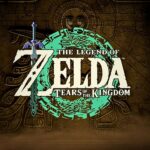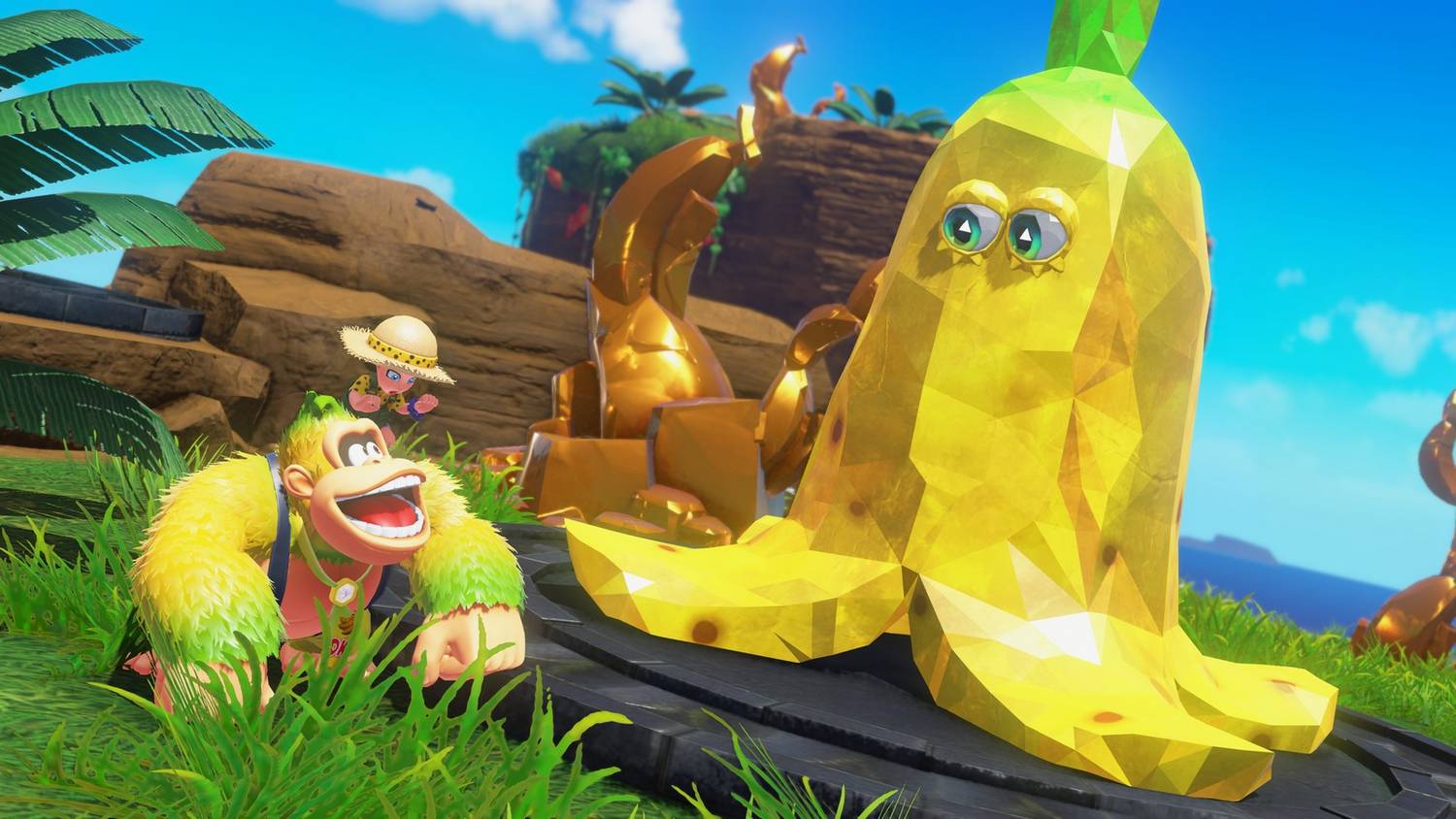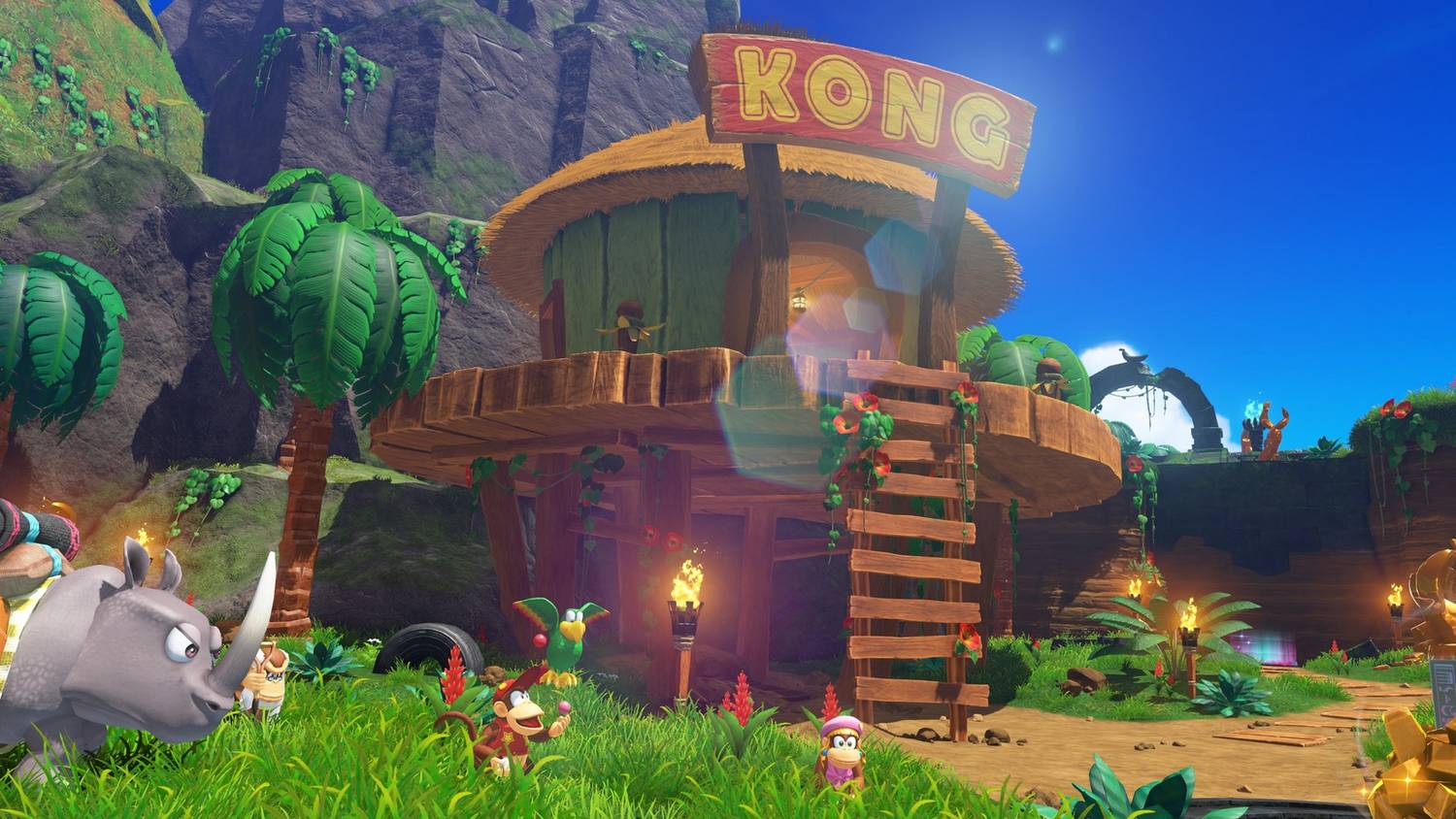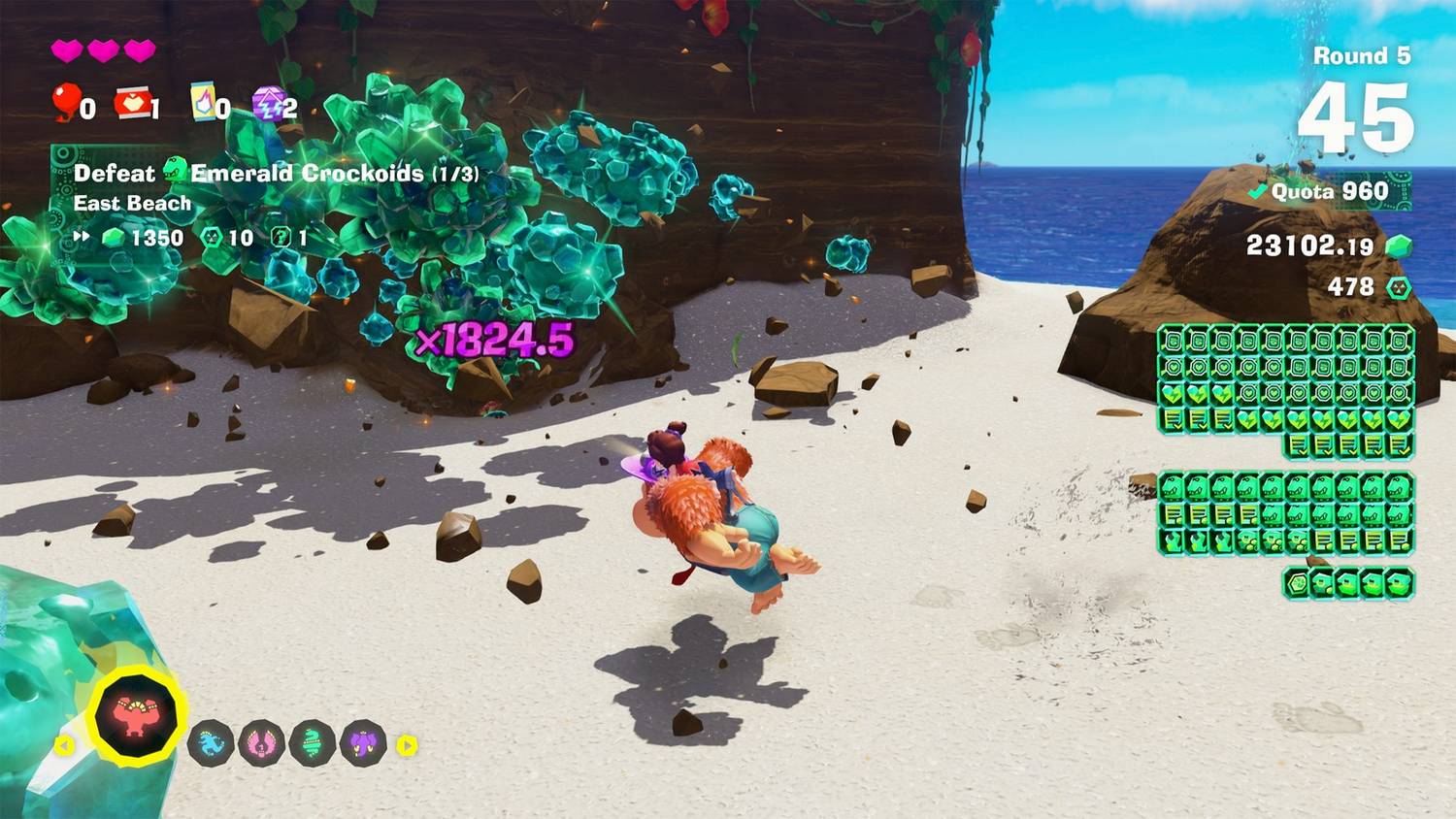Nintendo’s Price Problem: “Donkey Kong Bananza” DLC Reveals a “Fatal Flaw”
Popular Now
 Schedule I
Schedule I
 Black Myth: Wukong
Black Myth: Wukong
 Auto X Drift Racing 3
Auto X Drift Racing 3
 R.E.P.O
R.E.P.O
 Fall Guys
Fall Guys
 The Legend of Zelda
The Legend of Zelda
 Warframe
Warframe
 Sonic the Hedgehog™ Classic
Sonic the Hedgehog™ Classic
 Garena Free Fire: Kalahari
Garena Free Fire: Kalahari
 Minecraft
Minecraft  The release of Donkey Kong Bananza was a smash hit for the new Nintendo Switch 2, earning universal acclaim and a rare perfect score from outlets like IGN. Hailed as a groundbreaking 3D platformer with a destructive, freeform approach to level design, the game was a much-needed win for the console. Now, just two months after its launch, its first major paid DLC, “Donkey Kong Bananza: DK Island & Emerald Rush,” has arrived, and it has quickly become a major source of controversy. While the DLC is mechanically solid, its high price and lack of meaningful content have exposed a “fatal flaw” in Nintendo’s business practices, leading many to feel that the company is taking advantage of its loyal fanbase.
The release of Donkey Kong Bananza was a smash hit for the new Nintendo Switch 2, earning universal acclaim and a rare perfect score from outlets like IGN. Hailed as a groundbreaking 3D platformer with a destructive, freeform approach to level design, the game was a much-needed win for the console. Now, just two months after its launch, its first major paid DLC, “Donkey Kong Bananza: DK Island & Emerald Rush,” has arrived, and it has quickly become a major source of controversy. While the DLC is mechanically solid, its high price and lack of meaningful content have exposed a “fatal flaw” in Nintendo’s business practices, leading many to feel that the company is taking advantage of its loyal fanbase.
 A Price Tag That’s “Slimy and Greedy”
A Price Tag That’s “Slimy and Greedy”
The core of the issue is the DLC’s price: a hefty $20. While the expansion adds a new, explorable “DK Island” and a roguelike mode called “Emerald Rush,” many players feel that the content simply doesn’t justify the price tag. On social media and forums like Reddit, fans have been quick to point out that for the same price, they could buy a full game like Hollow Knight: Silksong. Others have compared the DLC to the free post-launch content for Super Mario Odyssey, such as the Mushroom Kingdom and Luigi’s Balloon World, arguing that the content should have been a free update or, at the very least, a much cheaper one.
The controversy has been a major topic of discussion within the gaming community, with many players feeling that Nintendo is becoming increasingly “slimy and greedy” with its monetization practices. This is not a new criticism of the company, which has been criticized in the past for its high prices on remasters and its reluctance to lower the price of its first-party games. However, the decision to charge a premium price for a DLC that many feel is “bare bones” and “cut content” from the main game has pushed a number of fans past their breaking point.
While some players have defended the price, arguing that the base game was already “absurdly generous,” the overwhelming sentiment is one of disappointment. The fact that the DLC was released just two months after the main game’s launch has also been a point of contention, with many players feeling that it’s a cynical attempt to capitalize on the game’s initial success.
 A Roguelike Mode That Doesn’t Fit
A Roguelike Mode That Doesn’t Fit
Beyond the price, the DLC’s content itself has been met with a mixed reception. The “Emerald Rush” mode, which is a key part of the expansion, is a roguelike that has players racing against the clock to collect emeralds. While the mode is fun for some, many players feel that it’s a strange fit for a 3D platformer and that it’s not a compelling enough reason to return to the game. As one player on Reddit put it, “The core mechanics don’t lend themselves well to an action roguelike.”
The new “DK Island” area, which is prominently featured in the marketing, has also been a source of disappointment. Many players have pointed out that while the island is a nice bit of fan service, it is “relatively empty” and lacks the collectibles and challenges that are a core part of the main game. As one review put it, the island is “a big, pretty set piece—it’s nice to look at and fun to explore for a few minutes, but there’s not really anything of substance within.”
- The “Astro Bot” Precedent: Many players have pointed to Sony’s release of Astro Bot, another family-friendly platformer, as a powerful counterpoint to Nintendo’s business practices. That game offered a significant amount of free post-release content, a decision that has been praised by fans and critics alike.
- The “Cut Content” Debate: The close proximity of the DLC’s release to the main game has led many fans to speculate that the content was originally intended to be a part of the base game. This is a powerful accusation that, while difficult to prove, speaks to the community’s frustration with the game’s monetization.
- A “Slippery Slope”: The DLC is being seen by many as a troubling trend for Nintendo. The company has been gradually adopting more aggressive monetization practices, and for many, this is a sign that it is becoming increasingly like its competitors, who are known for their over-reliance on microtransactions and paid DLC.
The Lasting Legacy of a Bad Decision
The controversy surrounding the “Donkey Kong Bananza” DLC is a clear example of how a single misstep can tarnish the reputation of a beloved franchise. While the base game is a masterpiece, the decision to release a paid DLC that feels overpriced and undercooked has left a bad taste in the mouths of many fans. It’s a powerful reminder that in the world of video games, a company’s business practices can be just as important as its creative output. The high CPC keywords for these discussions, such as “Donkey Kong Bananza DLC price,” “Nintendo Switch 2 news,” “video game monetization,” and “best DLC for Switch 2,” all point to a passionate and ongoing conversation about the future of a genre that has, for so long, been defined by a single company. For now, the hope is that Nintendo will listen to its fans and adjust its course before the damage becomes irreversible.









 A Price Tag That’s “Slimy and Greedy”
A Price Tag That’s “Slimy and Greedy” A Roguelike Mode That Doesn’t Fit
A Roguelike Mode That Doesn’t Fit